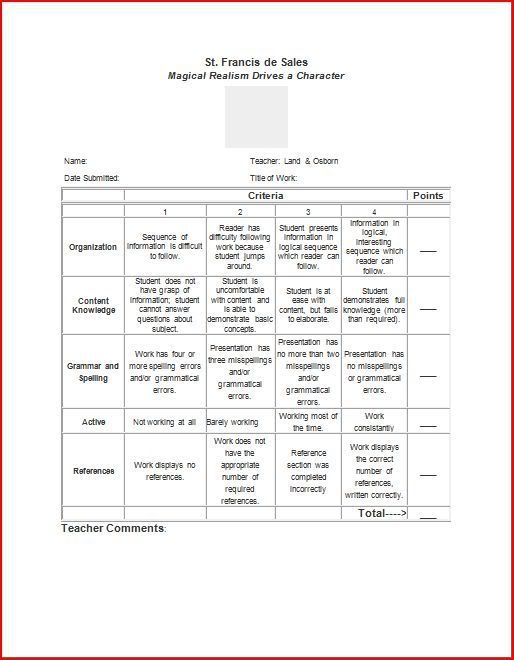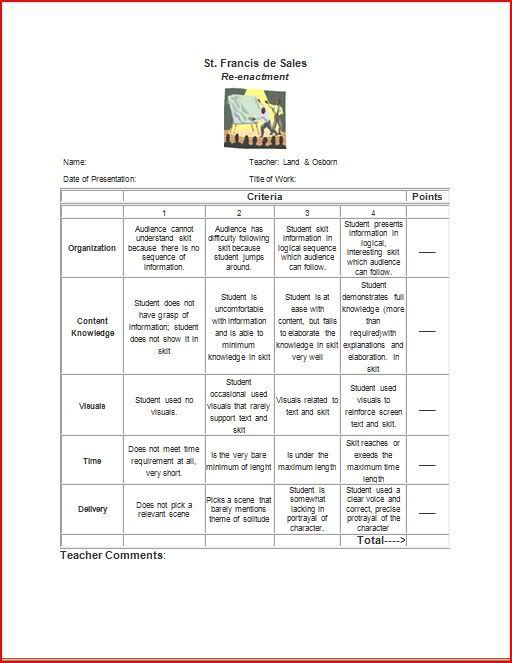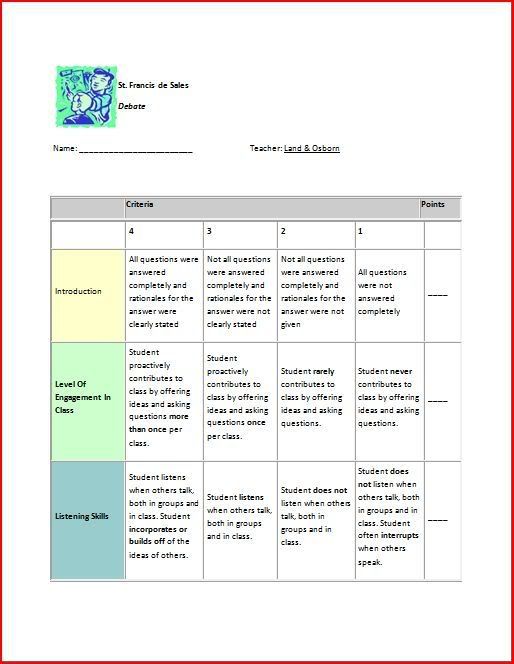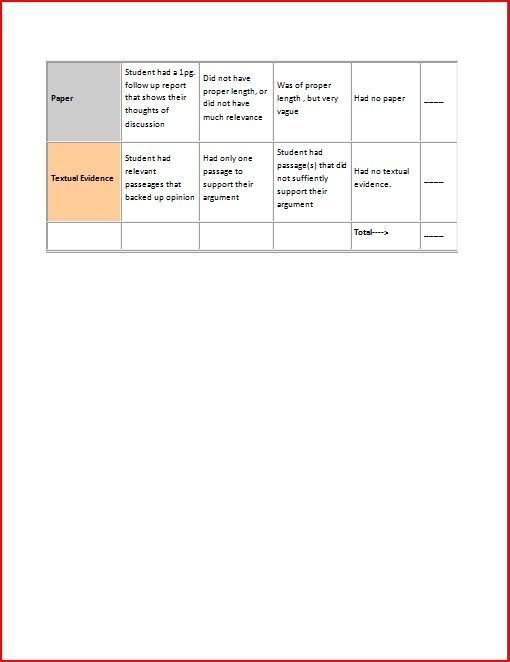www.waddo.net/Academic/100years.htm : Source one
This website gave us rough ideas of what ideas the book could inspire to make into lesson plans. It basically gave us rough ideas to go about teaching the subject matter provided from the book. It was not very helpful to giving us actual ideas to use for lesson plans, but it did help in what we should expect in doing the actual lesson plans.
The second source we used was http://www.teach-nology.com/
This source was actually very helpful. It gave us the means to makes the actual lesson plans and rubrics, giving us access to the materials we needed to make sufficient use of our project. It also provided unique rubrics for each different lesson we had planned that Incorporated different aspects of each individual project.
Thursday, March 29, 2007
Wednesday, March 28, 2007
Tuesday, March 27, 2007
annotated bibliography
Carrillo, German D. “Lyrical Solitudes”. A Forum on Fiction, (1971), Vol. 4, No. 2, pp. 187-189. JSTOR. , 27/2/2007. < http://links.jstor.org/sici?sici=0029
5132%28197124%294%3A2%3C187%3ALS%3E2.0.CO%3B2-Y>
In this article, the author is giving an analytical analysis of the themes and events that happen in the book. It looks at the repetition of characteristics passed down from one generation to the next, as well themes of magical realism, death, etc. Although the article does not talk about repetition of time as a whole, it does talk about repetition in the aspect of the same traits and characteristics being inherited from one family member to the next. This article is, in fact, a great help to my theme of cyclical time. It is a great help because it gives examples and ideas that could be formatted to fit into my argument, even though they are not directly related to the actual topic of cyclical ( repetition of ) time, but an off shoot sub topic. I could, however, argue that by bringing into account the theme of cyclical time, and events that repeat themselves, the author could have supported the theory that misfortune and unwanted characteristics were passed down from generation to generation. The source did in fact help reinforce the theory that cyclical time does in fact drive the characters and themes of the book.
McMurray, George R. “Reality and Myth in Garcia Marquez’ Cien Anos de Soledad” . The Bulletin of the Rocky Mountain Modern Language Association. (Dec., 1969), Vol. 23, No. 4. (Dec., 1969), pp. 175-181. JSTOR,. 27/3/2007 <: http://links.jstor.org/sici?sici=0035-7626%28196912%2923%3A4%3C175%3ARAMIGM%3E2.0.CO%3B2-J>
This article is indeed a help to the reader’s over all conception of the book, however not very much to the theme that I picked for my paper. It gives a good synopsis of how events play into major themes, such as death, solitude, and biblical aspects in the book. Although the article gives good insight to those themes it lacks in the theme I have picked, and that is the theme of cyclical time. It does, however, make mention to the issue of time briefly in random parts. When it does make mention of time, it is very vaguely and in regards to playing a role in one of the other major themes in the book. Although the article does not mention the theme that I picked directly it will be able to help me while writing my paper, by my mentioning how they could have made their point stronger by mentioning how the repetition of time affects the order of events of the book as well.
Dorfman, Ariel. “Someone Writes to the Future”. Transition. (1991), No. 52, pp 18-34, JSTOR. (3/29/07)
In this source the author talks about Gabriel Garcia Marquez uses time in his writings, analyising his work in a historical context as well as literary too. The author talks about Marquez uses the book to reflect the events that happened in his coutry’s history, his country of Columbia. This source was of great help to me, because in the examples that the bookt did give they were showing how time was constantly being repeated, and the Buendia’s were repeating many situations over and over again. In a way that it was not a help was because it talked about how Marque was constantly drawing on events that happened in his country. In other words, the article had a real historical tone through out whole of reading it.
[The following is the full text of a lecture delivered, in part, in Liberal Studies 402, on Tuesday, March 28, 1995, by Ian Johnston. This text is in the public domain, released May, 1999; the text was edited slightly on April 11, 2000] Used on (3/29/07), http://www.mala.bc.ca/~johnstoi/introser/marquez.HTM
This source is a speech given by a professor on the book One Hundred Years of Solitude. He covers all areas of the book in a very thorough way. The professor talks about all the themes of the book and the significance each plays in the book, and how it affects the story. This source helps me in the fact that it gives me more insight into how time plays a role in the story, but on the other hand it also hinders my attempt to prove that time is the most important factor driving the story. This source is portraying the message that all the themes are of equal importance, but it is also providing useful information to the topic of repetition of time.
5132%28197124%294%3A2%3C187%3ALS%3E2.0.CO%3B2-Y>
In this article, the author is giving an analytical analysis of the themes and events that happen in the book. It looks at the repetition of characteristics passed down from one generation to the next, as well themes of magical realism, death, etc. Although the article does not talk about repetition of time as a whole, it does talk about repetition in the aspect of the same traits and characteristics being inherited from one family member to the next. This article is, in fact, a great help to my theme of cyclical time. It is a great help because it gives examples and ideas that could be formatted to fit into my argument, even though they are not directly related to the actual topic of cyclical ( repetition of ) time, but an off shoot sub topic. I could, however, argue that by bringing into account the theme of cyclical time, and events that repeat themselves, the author could have supported the theory that misfortune and unwanted characteristics were passed down from generation to generation. The source did in fact help reinforce the theory that cyclical time does in fact drive the characters and themes of the book.
McMurray, George R. “Reality and Myth in Garcia Marquez’ Cien Anos de Soledad” . The Bulletin of the Rocky Mountain Modern Language Association. (Dec., 1969), Vol. 23, No. 4. (Dec., 1969), pp. 175-181. JSTOR,. 27/3/2007 <: http://links.jstor.org/sici?sici=0035-7626%28196912%2923%3A4%3C175%3ARAMIGM%3E2.0.CO%3B2-J>
This article is indeed a help to the reader’s over all conception of the book, however not very much to the theme that I picked for my paper. It gives a good synopsis of how events play into major themes, such as death, solitude, and biblical aspects in the book. Although the article gives good insight to those themes it lacks in the theme I have picked, and that is the theme of cyclical time. It does, however, make mention to the issue of time briefly in random parts. When it does make mention of time, it is very vaguely and in regards to playing a role in one of the other major themes in the book. Although the article does not mention the theme that I picked directly it will be able to help me while writing my paper, by my mentioning how they could have made their point stronger by mentioning how the repetition of time affects the order of events of the book as well.
Dorfman, Ariel. “Someone Writes to the Future”. Transition. (1991), No. 52, pp 18-34, JSTOR. (3/29/07)
In this source the author talks about Gabriel Garcia Marquez uses time in his writings, analyising his work in a historical context as well as literary too. The author talks about Marquez uses the book to reflect the events that happened in his coutry’s history, his country of Columbia. This source was of great help to me, because in the examples that the bookt did give they were showing how time was constantly being repeated, and the Buendia’s were repeating many situations over and over again. In a way that it was not a help was because it talked about how Marque was constantly drawing on events that happened in his country. In other words, the article had a real historical tone through out whole of reading it.
[The following is the full text of a lecture delivered, in part, in Liberal Studies 402, on Tuesday, March 28, 1995, by Ian Johnston. This text is in the public domain, released May, 1999; the text was edited slightly on April 11, 2000] Used on (3/29/07), http://www.mala.bc.ca/~johnstoi/introser/marquez.HTM
This source is a speech given by a professor on the book One Hundred Years of Solitude. He covers all areas of the book in a very thorough way. The professor talks about all the themes of the book and the significance each plays in the book, and how it affects the story. This source helps me in the fact that it gives me more insight into how time plays a role in the story, but on the other hand it also hinders my attempt to prove that time is the most important factor driving the story. This source is portraying the message that all the themes are of equal importance, but it is also providing useful information to the topic of repetition of time.
Tuesday, March 20, 2007
Character Analysis
Character Analysis:
The character that I'll be analysing is Jose Arcadio Buendia. To me, Jose Arcadio Buendia's reasoning behind all his actions is simply powered by the fact that he is a dreamer. All of the hair brained schemes that he fell into, such as the magnet, going off trying to find the land, and many others is powered by his dreams and whimsical notions that there is actually more to life than just the physical, concrete world. I also believe that his wants and need to experience the more than concrete world are what drives his mind and soul to leave it before his body his ready to. He loses his mind, when he believes time has stopped and then he loses his sanity shortly there after. He is no longer apart of the physical world that his family is trapped in, but has moved on, even though his body is still stuck in this world. Jose Arcadio Buendia's behavior and thinking is driven by his dreaming and bigger than life thoughts, it can be told from the beginning from when he got involved in alchemy to the point where he lost sense of time and thought Monday kept repeating itself. Jose Arcadio Buendia, in the end, got his ultimate dream by leaving the concrete, physical world and journeying to a place where he could be free to dream.
The character that I'll be analysing is Jose Arcadio Buendia. To me, Jose Arcadio Buendia's reasoning behind all his actions is simply powered by the fact that he is a dreamer. All of the hair brained schemes that he fell into, such as the magnet, going off trying to find the land, and many others is powered by his dreams and whimsical notions that there is actually more to life than just the physical, concrete world. I also believe that his wants and need to experience the more than concrete world are what drives his mind and soul to leave it before his body his ready to. He loses his mind, when he believes time has stopped and then he loses his sanity shortly there after. He is no longer apart of the physical world that his family is trapped in, but has moved on, even though his body is still stuck in this world. Jose Arcadio Buendia's behavior and thinking is driven by his dreaming and bigger than life thoughts, it can be told from the beginning from when he got involved in alchemy to the point where he lost sense of time and thought Monday kept repeating itself. Jose Arcadio Buendia, in the end, got his ultimate dream by leaving the concrete, physical world and journeying to a place where he could be free to dream.
Subscribe to:
Posts (Atom)



